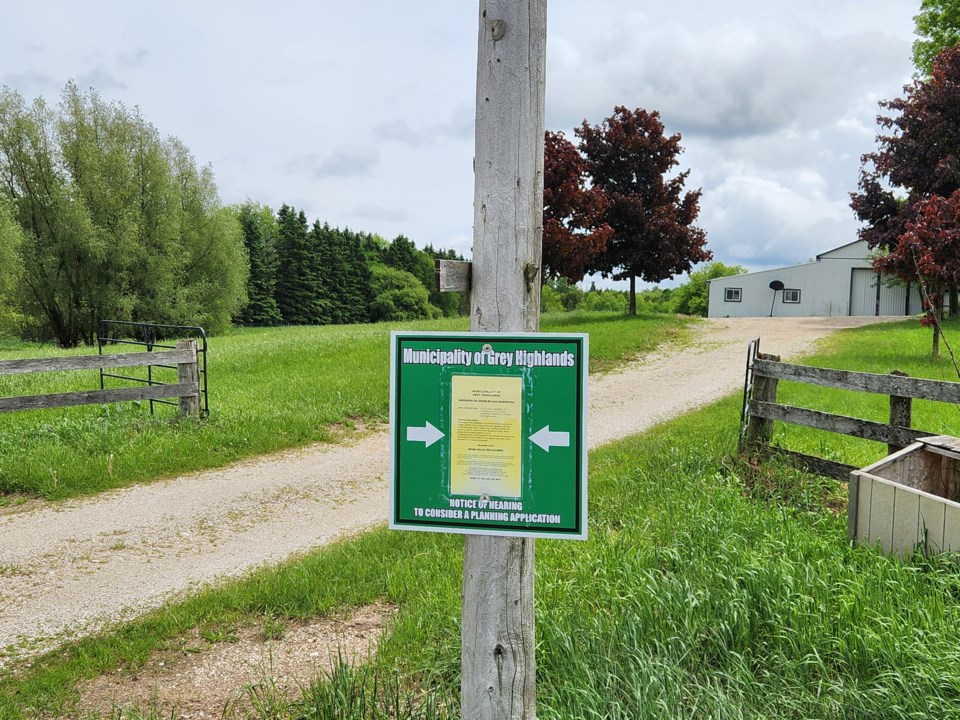The impact on local government of the Ontario’s government’s Bill 185 raised the eyebrows of members of Grey Highlands council.
At its meeting on August 7, council received a report from Andrew Payne, the municipality’s manager of planning, about how the recently approved Bill 185 - Cutting Red Tape to Build More Homes Act will impact the municipality. The new laws received formal approval in June.
Payne said the biggest change in the new law is the end of third-party appeals of zoning and official plan amendments. Payne said the law no longer allows members of the general public to launch appeals to the Ontario Land Tribunal of council decisions on zoning and official plan amendments. He said appeals can only be launched by organizations like the hospitals, utility companies and railway companies.
“They have removed the ability of a third party in the public to appeal official plan and zoning bylaw amendments,” said Payne.
The implication of the change was not lost on members of council.
Councillor and planning committee chair Paul Allen said, from this point on, the public can comment and raise objections to proposed planning changes, but they have no recourse beyond commenting at the public meeting. Mayor Paul McQueen said a lot now rests on the shoulders of local councils across Ontario.
“It’s up to council to make that decision,” said McQueen. “That’s quite a change. Probably the general public doesn’t realize that. The rubber hits the road around this table.”
Allen added that a decision by council to reject an application will have to be well-reasoned in order to avoid being overturned by the tribunal.
“We have to have very good reasons just to turn something down,” said Allen.
Payne and Coun. Tom Allwood pointed out that there were some good outcomes with Bill 185. Allwood noted that the province had walked back on the phase-in of development charges, which had already had an impact on Grey Highlands. While Payne pointed out that the province relaxed the tight timelines it had previously imposed on municipalities for completing a planning application or risk having to refund the fees paid by the proponent.
“We’re sort of being left to focus on the application a little more,” said Payne.



